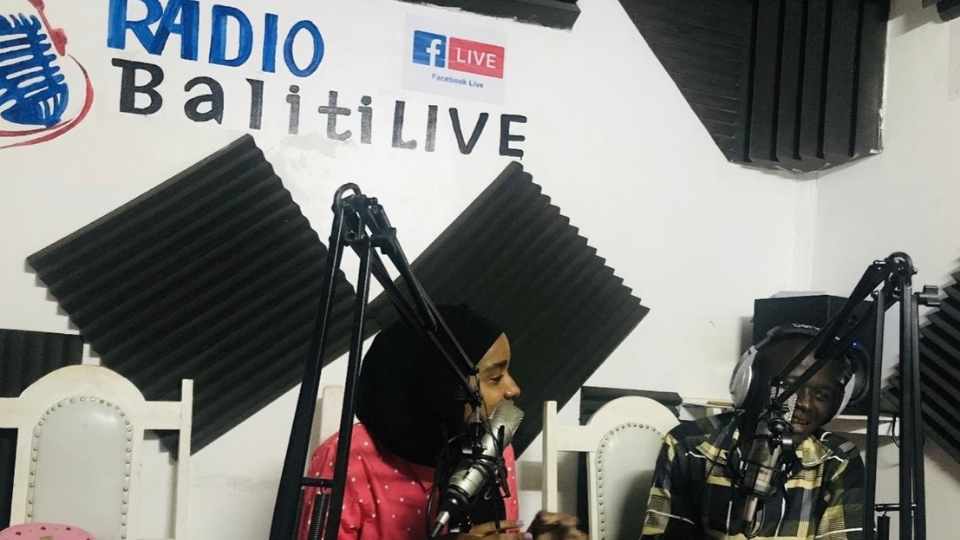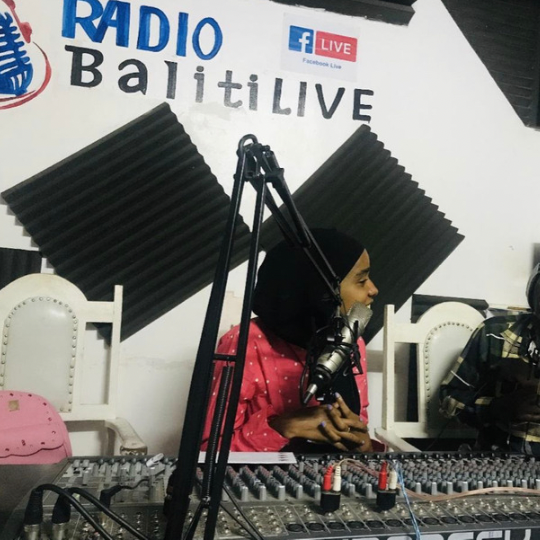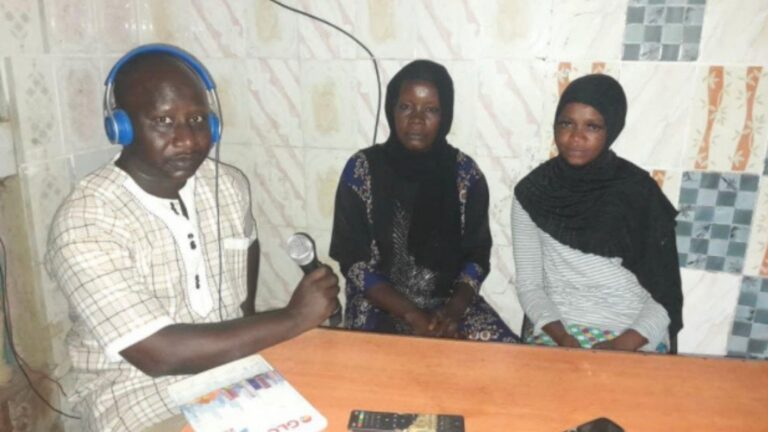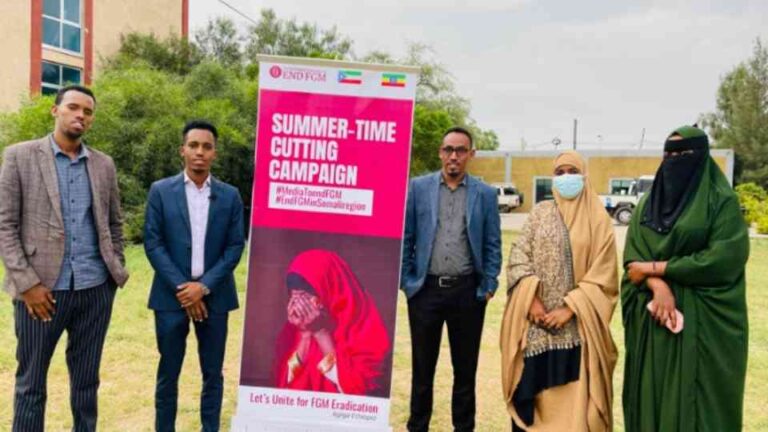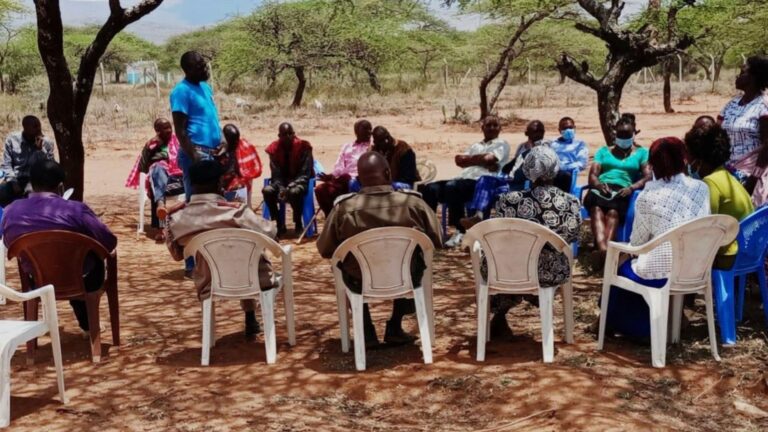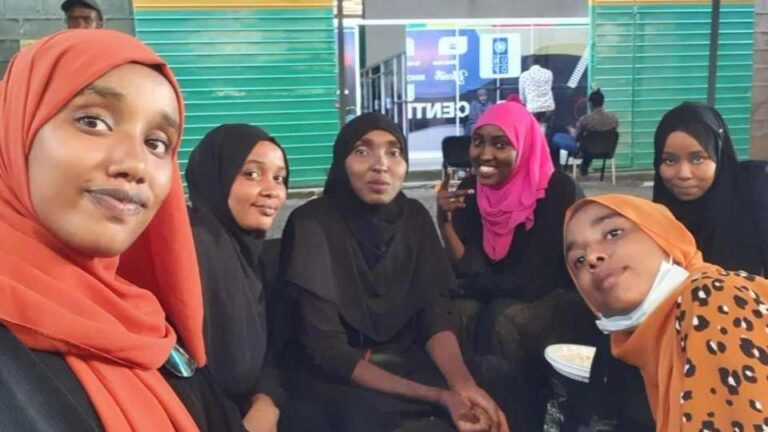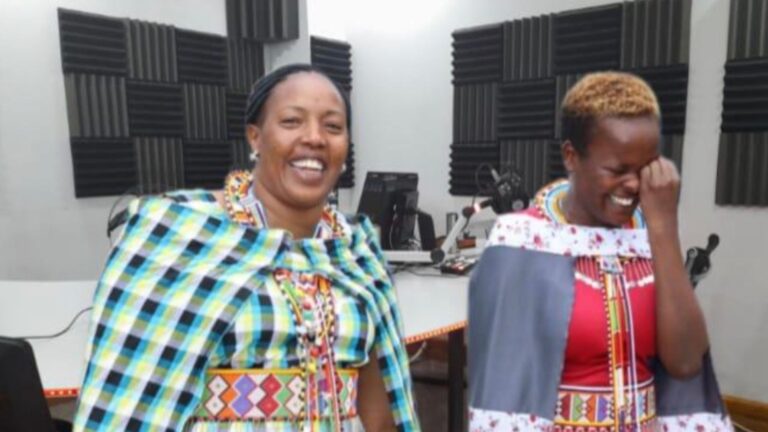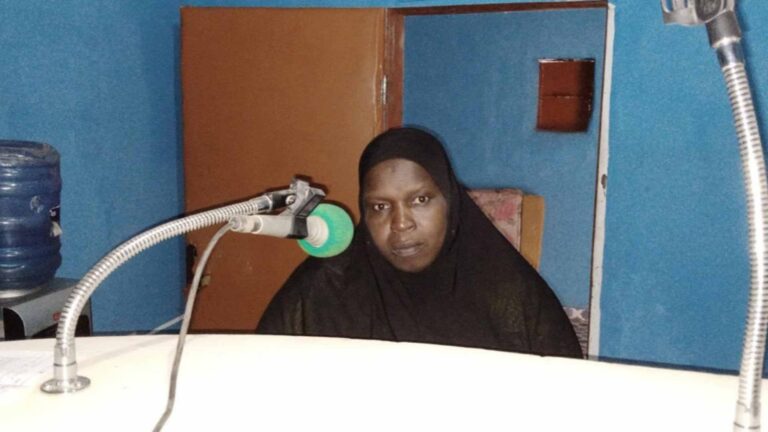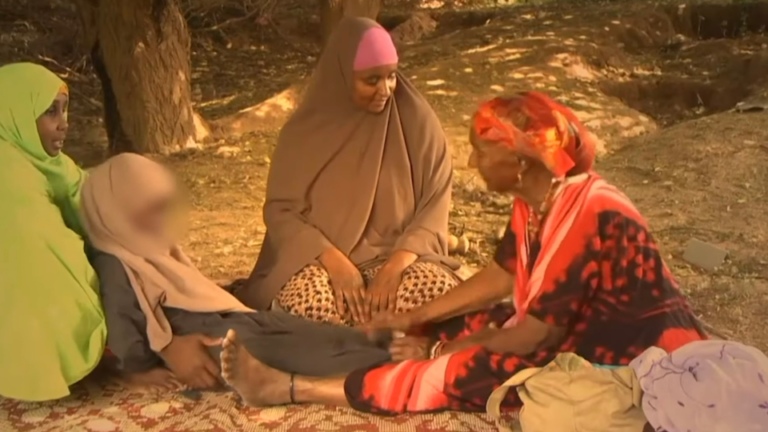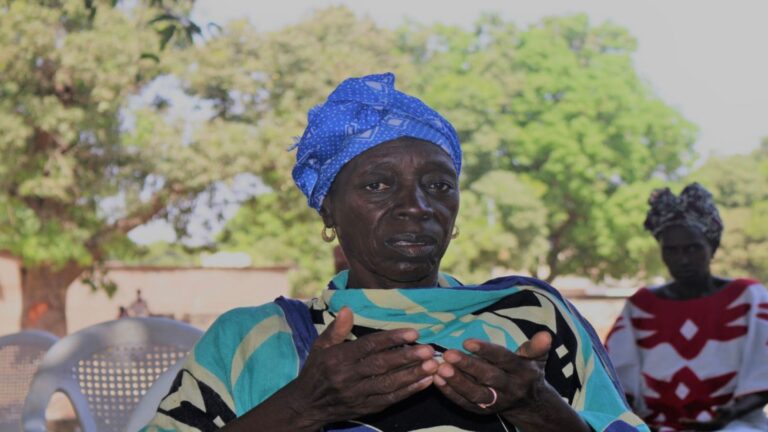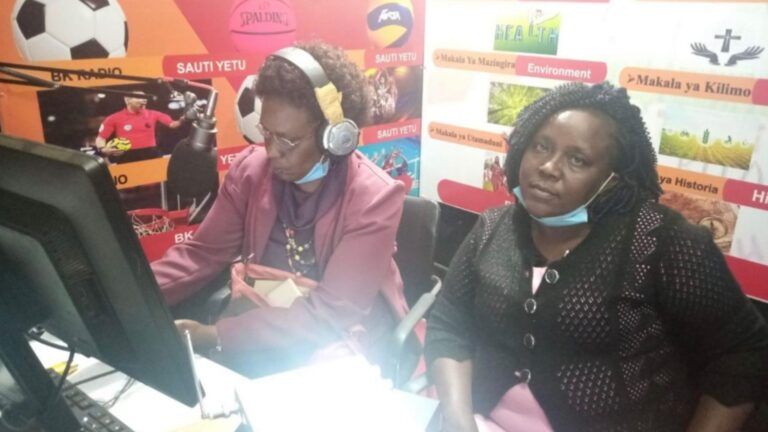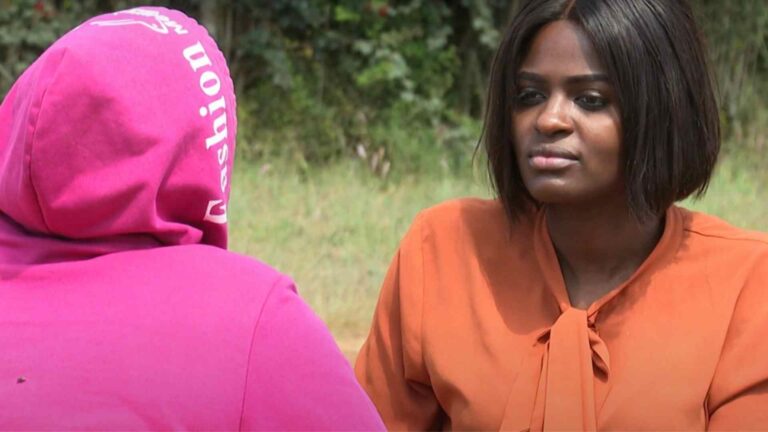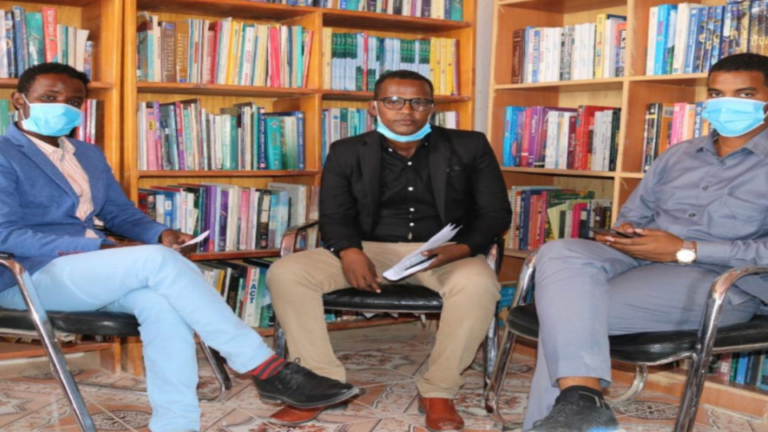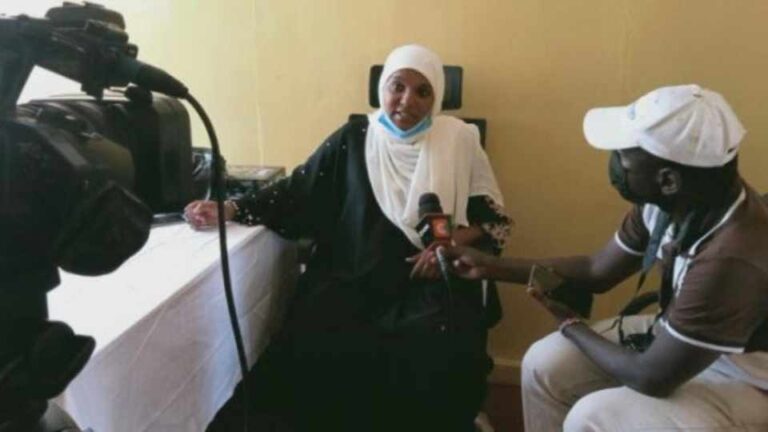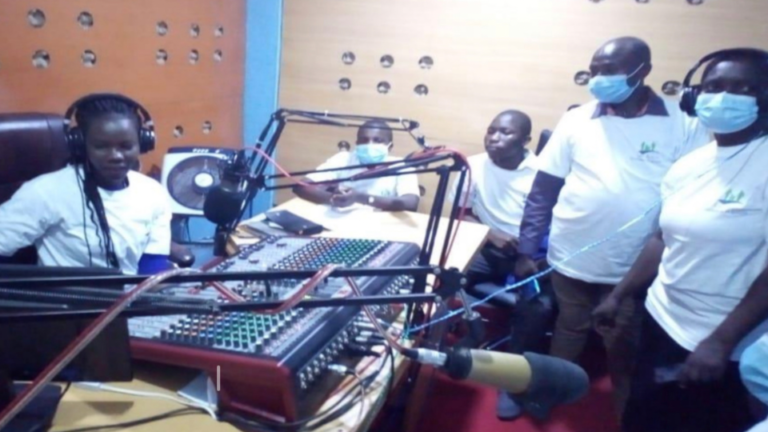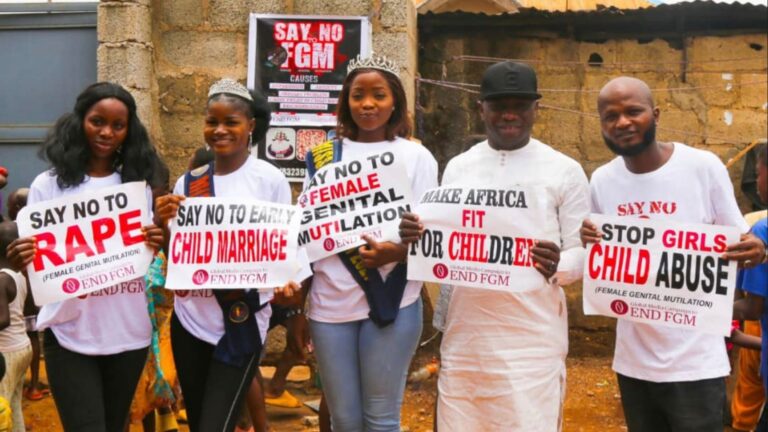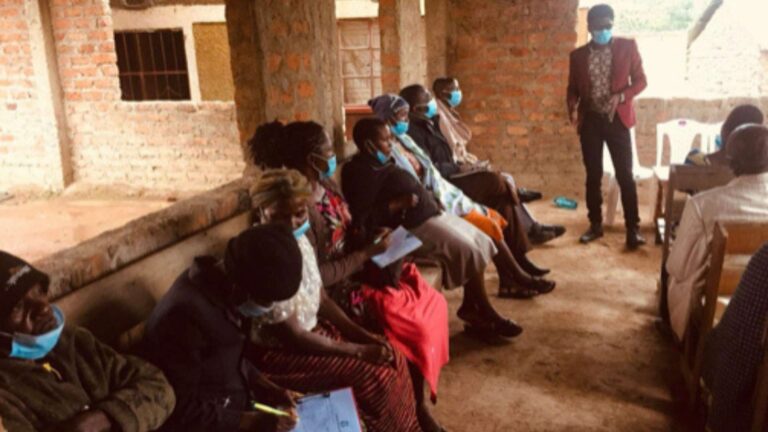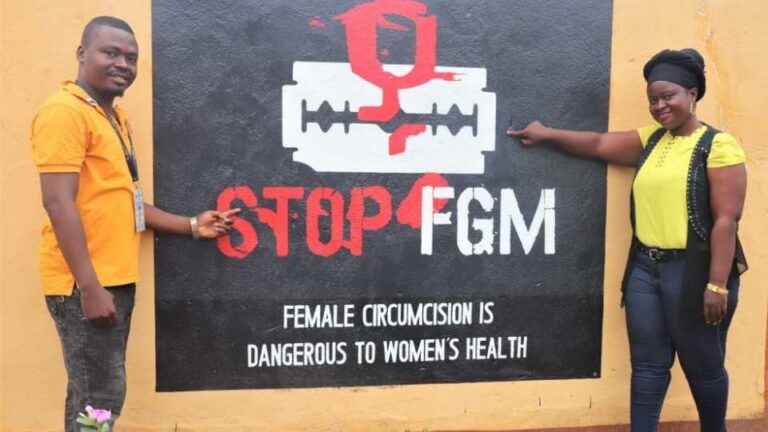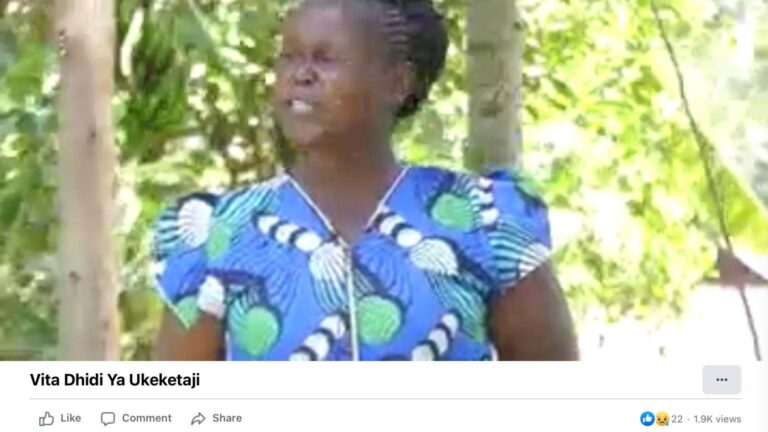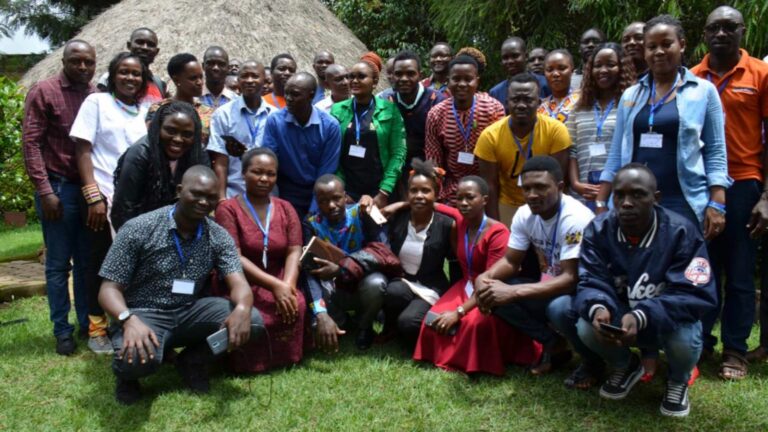By Zeituna Shandey,
Zeituna Shandey is an anti-FGM campaigner. In this report, she describes what the laws are around FGM and how survivors are needed to share with girls that it is their choice to stand against FGM and not put up with peer pressure.
Radio Talk Show Report on Baliti FM:
Despite the Government’s effort in eradicating FGM by 2022, it’s still a common practice among the community in Isiolo County. Isiolo County is one of the 22 FGM hot spots in Kenya with statistics indicating that about two-thirds (65%) of girls aged 15-19 have undergone the practice compared to the national average of 21%. And from the radio discussion, we found out the reasons why the community is still practicing FGM is that they believe it’s their culture and tradition hence mandatory for each in the community to undergo the cut.
Despite Gumi Kayo [Borana council of elders] denouncing FGM as a harmful cultural practice, the community believes also it’s a religious requirement, even though religious leaders have been in the line to clarify and justify that it’s not a religious requirement.
Lack of male involvement in the campaign contributions to high prevalence in the region. Most of the men are not aware when their daughters are cut because they believe that these are women’s issues.
To end FGM, male involvement is the key. Support is needed from the men to end FGM.
“We need men to declare that they won’t marry girls that have undergone the cut”.
Caller
Another Gap identified during the discussion was lack of knowledge and implementation of the law [ FGM ACT 2011]. The preparators normally are punished as indicated by the law. Also, most cases are not reported hence the need for a collective effort from the village committee, women, men, chiefs, girls and everyone should hold accountable at the community level.
Cheifs are needed…
The chiefs are not playing their roles because it happening in the village. The ruling by the High Court on Friday was cited also as a firm confirmation that FGM remains illegal in Kenya and anyone found culpable of any of the listed offenses in the Act risk being jailed for three years, a fine of not less than two hundred thousand or both.
We broke down the implication of this ruling to the community, especially on the question of consent, clearly stating there is no consent when it comes to breaking the law, more so violation of human rights. Also, I explained the provisions of the Prohibition of FGM Act 2011. I urged members of the community to report any suspicious gatherings during this Easter to toll-free numbers, local authorities such as chiefs and nyumba kumi or police.
Education and survivors words are needed…
I also emphasized the need for the young girls to be educated about the dangers of FGM so that they can say NO to the practice because from the discussion some said that it was out of their will and peer pressure but if they had an understanding of the dangers of FGM they could have resisted. There is a need of also encouraging survivors to share their stories to educate young girls on the dangers of FGM.


